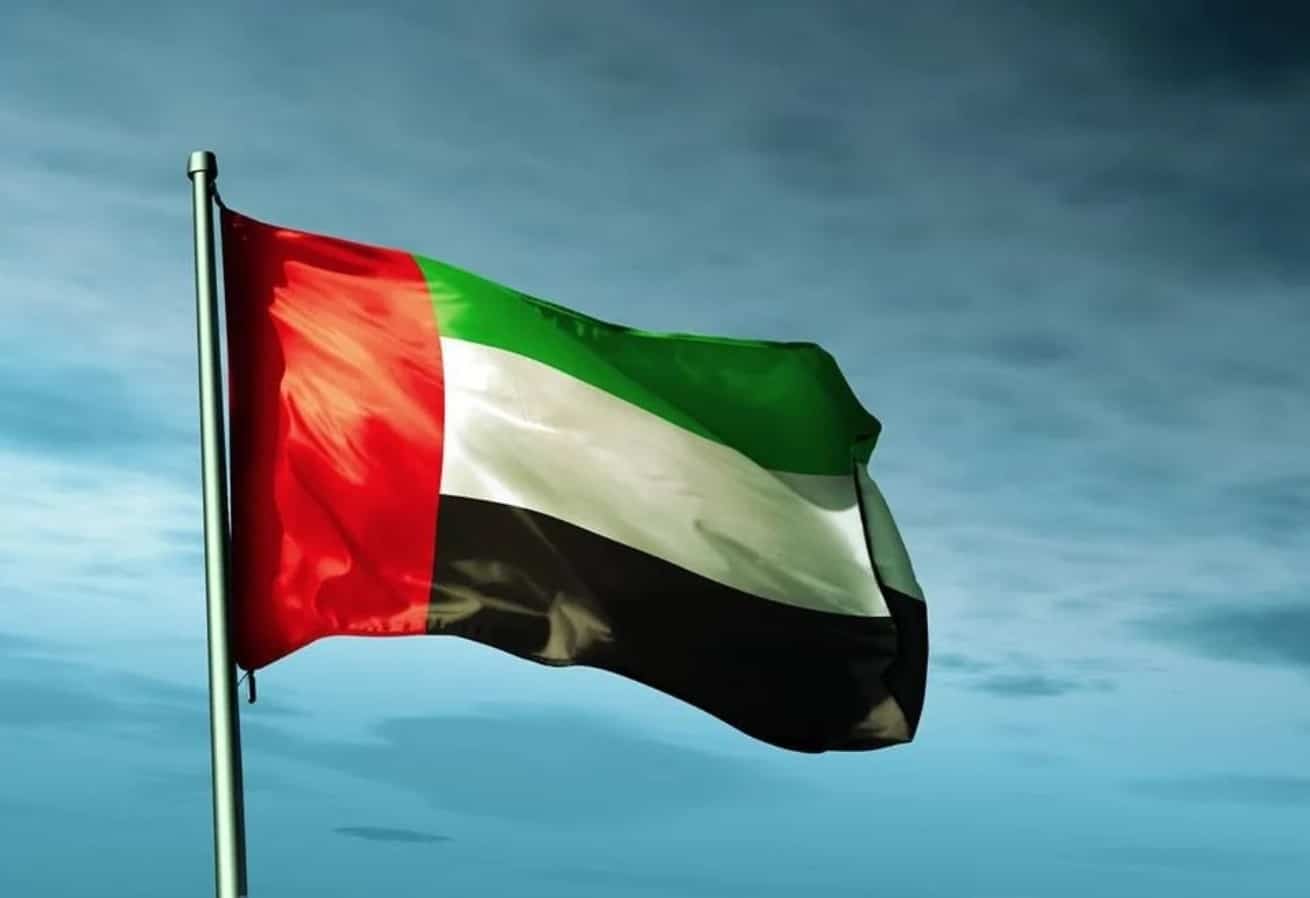Damascus, Syria — Syria’s interim President Ahmed al-Sharaa, whose war-devastated country seeks Gulf financial support, traveled to the United Arab Emirates on Sunday for his first visit since Bashar al-Assad’s overthrow, state media said.
Nearly a week after rebels toppled Assad in December, UAE presidential adviser Anwar Gargash said his government found the Islamist affiliation of Syria’s new rulers “quite worrying”.
But in mid-January Sharaa spoke by phone with Sheikh Mohamed bin Zayed Al Nahyan, the Emirati president, about ways to reinforce ties and “ensure the stability and development of the region,” Syria’s state news agency SANA said at the time.
On its Telegram channel, SANA on Sunday said Sharaa was traveling with Foreign Minister Asaad al-Shaibani to the Gulf country to hold talks on “numerous common issues”.
Analysts have said the UAE is deeply suspicious of Syria’s new leaders, reflecting its distrust for political Islam and fear of outsized Turkish influence in the war-scarred country.
Shaibani visited Abu Dhabi in January.
After more than 13 years of conflict, Syria’s new rulers are seeking international support for reconstruction and reviving the sanctions-hit economy.








